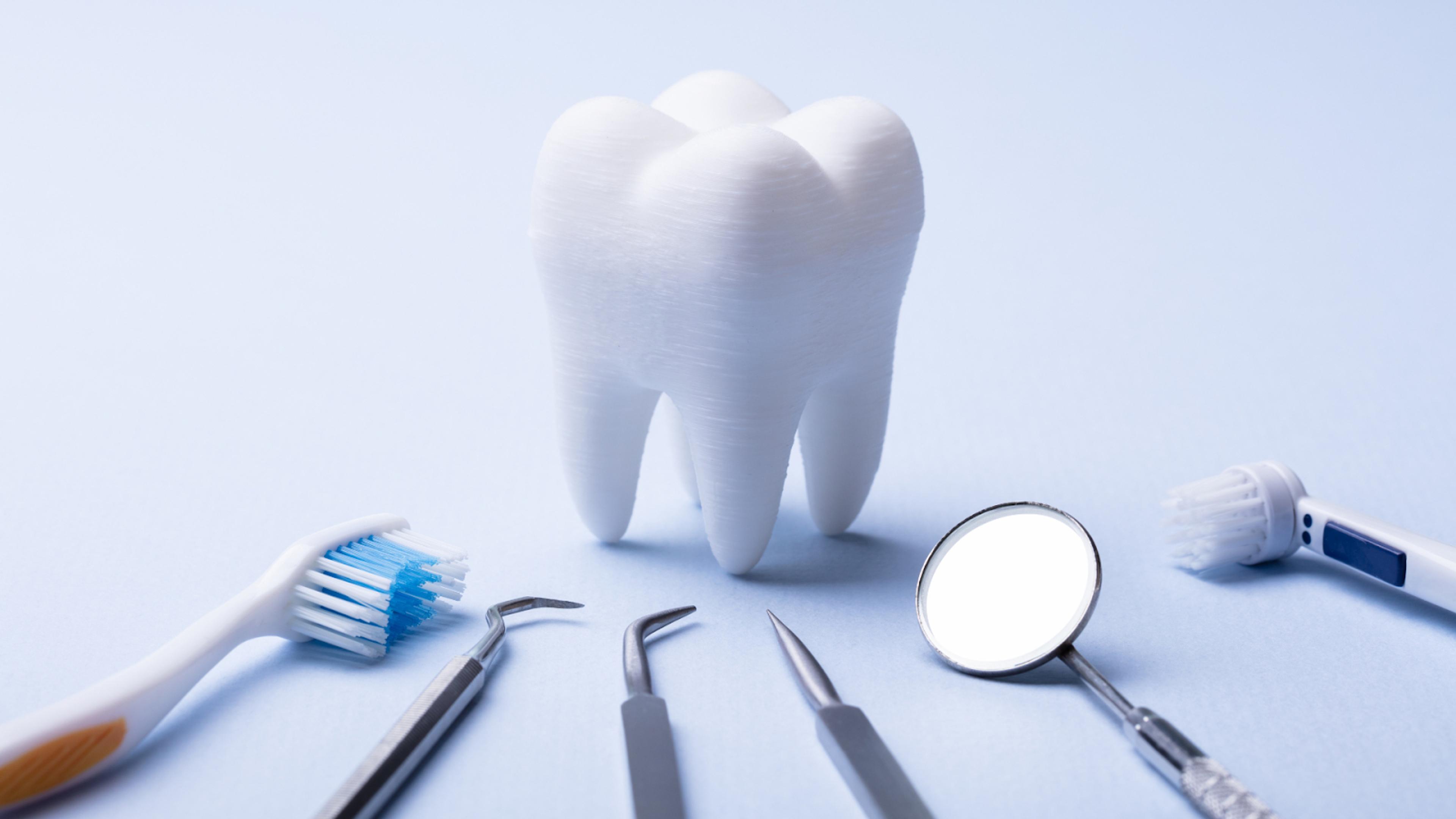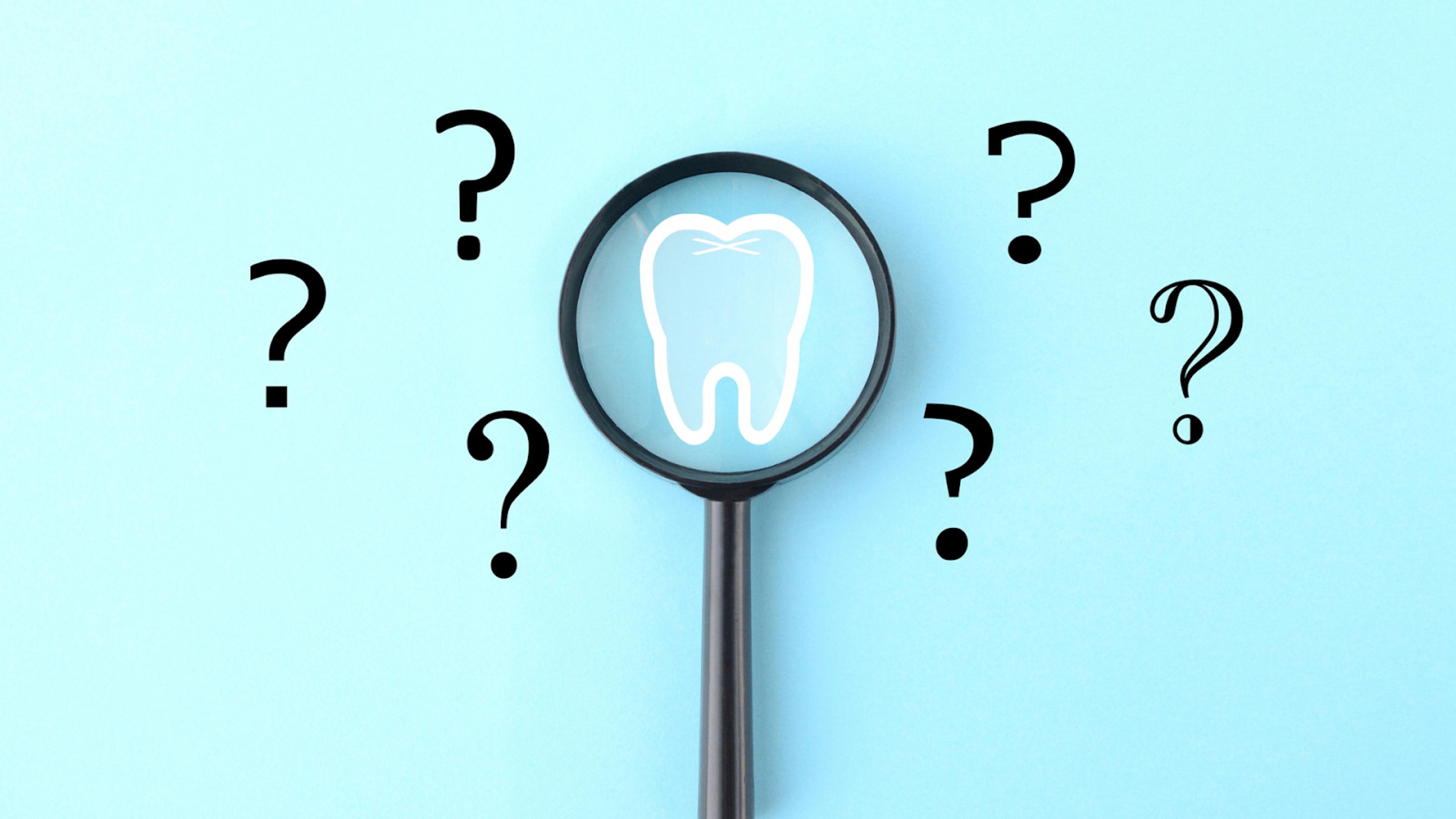How to Pay for Dental School: Cost Estimates, Financial Aid, & What to Know (2025)
Worried about dental school costs? Get up-to-date tuition estimates, financial aid options, and smart ways to reduce debt in 2025.
Posted June 13, 2025

Join a free event
Learn from top coaches and industry experts in live, interactive sessions you can join for free.
Table of Contents
Dental school is a big commitment, and it isn’t cheap. But the good news is, there are real ways to manage the cost. Whether you’re a recent college grad or a working student, this guide will break down the estimated cost of dental school, share smart ways to pay for it, and explain how financial aid really works. No fluff, just clear, useful info to help you make the right decisions for your future!
Total Cost of Dental School
So, how much does dental school actually cost?
On average, dental school students can expect to pay up to $350,000 or more. These numbers vary – it always depends on the school and location. Some schools may charge less for in-state students, while others include extra fees for clinical tools, lab materials, or technology.
It’s a lot of money, yes, but most students don’t pay it all upfront. That’s where financial assistance comes in.
How Much Is Dental School for 4 Years?
Over four years, dental school costs can range from approximately $210,000+ at a public school to more than $350,000+ at a private dental school. This includes tuition, fees, instruments, and living expenses. These numbers might sound high, but there are ways to make it manageable with financial aid, scholarships, and loan options.
In 2025, the total cost of dental school (tuition + fees + living expenses) varies by program type:
| Program Type | Annual Cost (Est.) | 4-Year Total |
|---|---|---|
| Public, In-State | $41,720 – $60,354 | $166,880 – $241,416 |
| Public, Out-of-State | $68,200 – $100,088 | $272,800 – $400,352 |
| Private Institutions | $70,330 – $121,750 | $281,320 – $487,000 |
Breakdown includes:
- Tuition and fees
- Equipment and supplies (instruments, loupes, etc.)
- Health insurance
- Living expenses (rent, food, transportation)
Hidden or Extra Costs to Consider
- Licensing exam fees (NBDE Part I & II, INBDE)
- Board prep courses
- Residency applications (if pursuing specialty training)
- Relocation expenses
Tuition Cost Examples at U.S. Dental Schools (2024–2025)
While national averages help with general planning, it's essential to look at actual tuition costs at specific dental schools. Below are current figures for a mix of public and private dental schools, based on their published rates for the 2024–2025 academic year.
Public Dental Schools
| School | In-State Tuition | Out-of-State Tuition |
|---|---|---|
| University of Iowa College of Dentistry | $58,889 | $84,027 |
| University at Buffalo School of Dental Medicine | $38,580 | $66,800 |
| University of Nebraska Medical Center | $43,286 | $90,240 |
These numbers do not include additional fees like instruments, health insurance, and living expenses – which can add $20,000-$30,000+ per year.
Private Dental Schools
| School | Tuition Only | Estimated Fees |
|---|---|---|
| Herman Ostrow School of Dentistry of USC | $119,313 | Approximately $21,869 annually |
| University of the Pacific (Arthur A. Dugoni School of Dentistry) | $127,910 per year for the 2024–2025 academic year | Ranging from $12,000 to $26,000 annually, depending on the year and specific requirements such as dental kits, instrument management fees, and other mandatory expenses |
Note: The University of the Pacific operates a unique three-year DDS program, which means the total tuition cost is condensed into three years instead of the traditional four. This accelerated program structure should be considered when evaluating the overall cost.
Always check the Cost of Attendance (COA) estimates published on each school’s website, as they give a more realistic sense of total expenses – including housing, board, insurance, and board exams.
What Is the Average Dental School Debt?
How Much Debt Do Dental Students Graduate With?
According to the American Dental Education Association (ADEA), the average dental school graduate in the U.S. finishes with:
- $305,000 in total student loan debt (as of the most recent ADEA data)
- Over 80% of dental school graduates borrow federal loans to fund their education
- Debt levels are typically higher at private schools (often $350,000+) and lower at public in-state schools
Don’t forget: Interest accrues during school unless you make in-school payments (especially on Grad PLUS loans).
How to Pay for Dental School
1. Loans
Loans are the most common way dental students pay for school. There are two main types you should know about:
- Federal Loans: These are offered by the U.S. Department of Education and are designed for graduate students like you.
- Direct Unsubsidized Loans: These aren’t based on financial need, and they start collecting interest while you’re in school.
- Grad PLUS Loans: These can help cover any extra costs not covered by other aid. They have higher borrowing limits but may also have higher interest rates.You can explore your federal loan options at studentaid.gov.
- Private Loans: If federal loans don’t fully cover your expenses, private loans might help fill the gap. Just remember, private loans usually have higher interest rates and fewer flexible repayment plans. Always compare your options first to make sure you're getting the best rate.To compare private loan options, visit credible.com.
2. Scholarships and Grants
Scholarships and grants are great because you don’t have to pay them back. They’re one of the smartest ways to lower the cost of dental school. There are a few different types to look out for:
- Merit-Based Scholarships: These are given to students with strong academics, leadership, or other standout achievements.
- Need-Based Grants: These are for students who show financial need and need help covering expenses.
- School-Specific Scholarships: Many dental schools offer their own awards, so check with the financial aid office at each school you're applying to.
Where to find scholarships and grants:
- American Dental Education Association (ADEA) Scholarships
- Scholarships.com
- Look directly on each dental school’s website for institution-specific opportunities.
3. The National Health Service Corps (NHSC)
The National Health Service Corps (NHSC) is a fantastic choice if you’re passionate about improving oral health in underserved communities. This federal program offers significant financial support through scholarships and loan repayment programs for dental school students who commit to working in areas with limited access to dental care.
How It Works:
- Scholarships: Covers tuition, fees, and other educational costs for dental school. Recipients also receive a living stipend.
- Loan Repayment Programs: After graduation, you can apply for loan forgiveness by working at a NHSC-approved site. This is usually a Health Professional Shortage Area (HPSA), which can include community clinics, tribal health centers, correctional facilities, or rural clinics.
- Commitment: Typically, a 2-4 year service commitment depending on the type of support received.
Why It’s Helpful:
- Reduces Student Loan Debt: You can get up to $100,000 in loan repayment for a two-year service commitment.
- Real-World Experience: You gain valuable hands-on experience working with diverse patient populations.
- Career Opportunities: Completing an NHSC commitment can enhance your resume and open doors to future employment opportunities in public health or private practice.
Pro Tip: Apply early. These programs are competitive and often have application deadlines months before the school year begins. Also, research which areas or facilities qualify as HPSA sites to plan your career path effectively.
4. Work-Study and Part-Time Jobs
Balancing work with dental school is tough, but it’s definitely doable. Working part-time can help you cover indirect costs like groceries, rent, and transportation without relying solely on loans.
Popular Work Options:
- Campus Jobs: Tutoring, research assistant positions, or working in administrative offices. These roles are usually more flexible with your school schedule.
- Part-Time Dental Jobs: Dental assisting, dental hygiene, or front-desk work at a private practice or community clinic. This not only helps financially but also adds valuable real-world experience to your resume.
- Freelancing: If you have skills in writing, graphic design, or tutoring, freelancing can be a flexible option.
Why It’s Helpful:
- Offsets Living Expenses: Even working a few hours per week can help reduce your financial burden.
- Improves Time Management: Juggling work and school can actually make you more efficient with your time.
- Builds Experience: Jobs in dental offices or clinics can strengthen your application for scholarships or post-graduate opportunities.
5. Family Support or Savings
Using your own savings or receiving financial help from family is a common strategy to cut down on dental school debt. If you’ve planned ahead with a 529 college savings plan, that’s a major advantage.
Ways Family Support & Savings Can Help:
- 529 College Savings Plan: Withdrawals are tax-free when used for qualified education expenses, including dental school tuition and fees.
- Personal Savings: Budgeting and saving during undergrad or working during gap years can help reduce reliance on loans.
- Family Contributions: Gifts or loans from family members can help cover living expenses or pay down interest on loans while you’re in school.
Why It’s Helpful:
- Fewer Loans to Repay: Any amount you don’t have to borrow is a win.
- Financial Flexibility: Using savings or family support can reduce your reliance on high-interest loans.
- Emergency Cushion: Having savings gives you a buffer for unexpected expenses.
Learn more here: How Much Does It Cost to Go to Dental School (2025)
Final Note
Paying for dental school can feel overwhelming, but you're not alone. Most dental school students borrow money, apply for financial aid, and find ways to lower their estimated cost with smart choices. It’s all about knowing your options and building a plan that works for you.
Focus on what’s possible, not just the price tag. With the right mix of loans, financial support, and maybe a little help from programs like the National Health Service Corps, you can make it work, and build a career that truly matters.
Connect with a top dental school admissions coach who’s helped pre-dental students navigate scholarships, loan strategies, and admissions, without getting buried in debt. Browse dental school coaches here.
Explore these articles to learn more about dental school costs, admissions, and tips for success:
- How Hard Is It (Actually) to Become a Dentist?
- How to Become a Dentist: Application, Degree Programs, FAQs
- The Complete Guide to the Dental School Application
- Doctor of Dental Medicine (DMD) Degree – What It Is & How to Apply
FAQs
How much does it cost to become a dentist in the US?
- The estimated cost of dental school in the US ranges from $210,000 to $350,000+. This includes tuition, fees, and indirect costs like housing and food. Public schools tend to be more affordable than private ones.
How long does it take to pay off dental school debt?
- It depends on your repayment plan. With a standard 10-year plan, many grads finish in a decade. But if you use income-based repayment or programs like NHSC, it might take longer (or less) depending on your job and salary.
Does it take 4 years to become a dentist?
- Yes. Dental school is typically a four-year program, after completing a bachelor’s degree. Some students also take extra time for residencies or specialties.
How do most people pay for dental school?
- Most students use a mix of federal loans, scholarships, and sometimes financial aid from their school. Programs like the National Health Service Corps also offer help for students willing to serve in public health roles. Some rely on savings or family help, too. Whatever your path, the key is to plan early and apply for all available resources.
Browse hundreds of expert coaches
Leland coaches have helped thousands of people achieve their goals. A dedicated mentor can make all the difference.



















